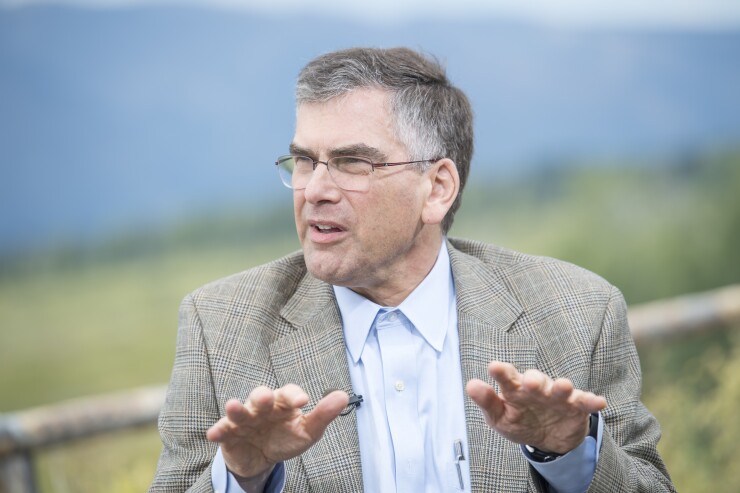WASHINGTON — President Trump announced Wednesday his intent to nominate economist and former Richmond Federal Reserve Bank official Marvin Goodfriend to one of three open seats on the Federal Reserve Board of Governors.
Goodfriend, 67, has been tapped to serve out the remainder of a term set to expire on Jan. 31, 2030. Goodfriend’s nomination leaves the administration with two additional picks to serve on the board, with an additional nomination expected in February after Fed Chair Janet Yellen
Goodfriend has been the Friends of Allan Meltzer Professor of Economics at Carnegie Mellon University’s Tepper School of Business since 2005 and is a sometime critic of the Fed’s conduct of monetary policy since the crisis.

In his written
“Decades after the Fed under Paul Volcker ended the Great Inflation and five years after having adopted the 2% inflation target in 2012, the public still regards inflation risk in long bonds as prohibitive, seeing the Fed as only weakly committed to its longer-run inflation target,” Goodfriend said in his testimony. “By not moving definitively to foreclose its inflationary discretion, the Fed greatly increases household financial insecurity over a working lifetime and in retirement.”
The pick will likely be welcomed by conservative lawmakers who have criticized the Fed's monetary policy since the Great Recession as being too emphatic on the central bank's mandate to maximize employment and who may have viewed Trump's recent choice of Fed Gov. Jerome Powell as too dovish on monetary policy.
Goodfriend, whose name has been





